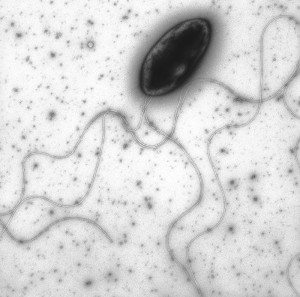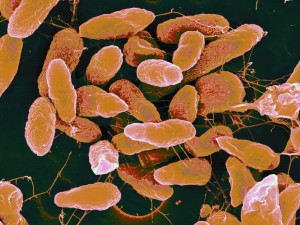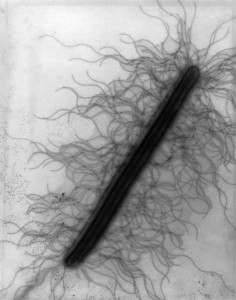
Microorganisms including viruses, bacteria, fungi, and unicellular eukaryotes represent the major sources of biomass in oceans and estuaries, carrying out a myriad of important functions over a vast and dynamic range of scales. The enormous untapped biodiversity of marine microbes provides a rich source of novel models for basic research that will uncover fundamental molecular mechanisms, processes and compounds of scientific and commercial importance. In order to maintain the oceans as a sustainable resource, DMD faculty generate a deeper understanding of the roles and relative contributions of marine microbes to marine ecosystems.
The Marine Molecular Microbiology Program at DMB aims to pursue a basic understanding of the unique molecular mechanisms used by marine microbes that drive the global ocean ecosystem. In addition to an emphasis on expanding basic scientific knowledge, DMB faculty provide fundamental advances that can potentially lead to commercial applications and products for industrial/pharmaceutical production, bioenergy, bioremediation and biological sensing extremophiles, bioenergy and renewable resources, microbial genetics and biosensor development, bacterial signal transduction, biofilm development, symbiotic bacteria and their impact on ocean health, maring bioremediation and algal biotechnology.

